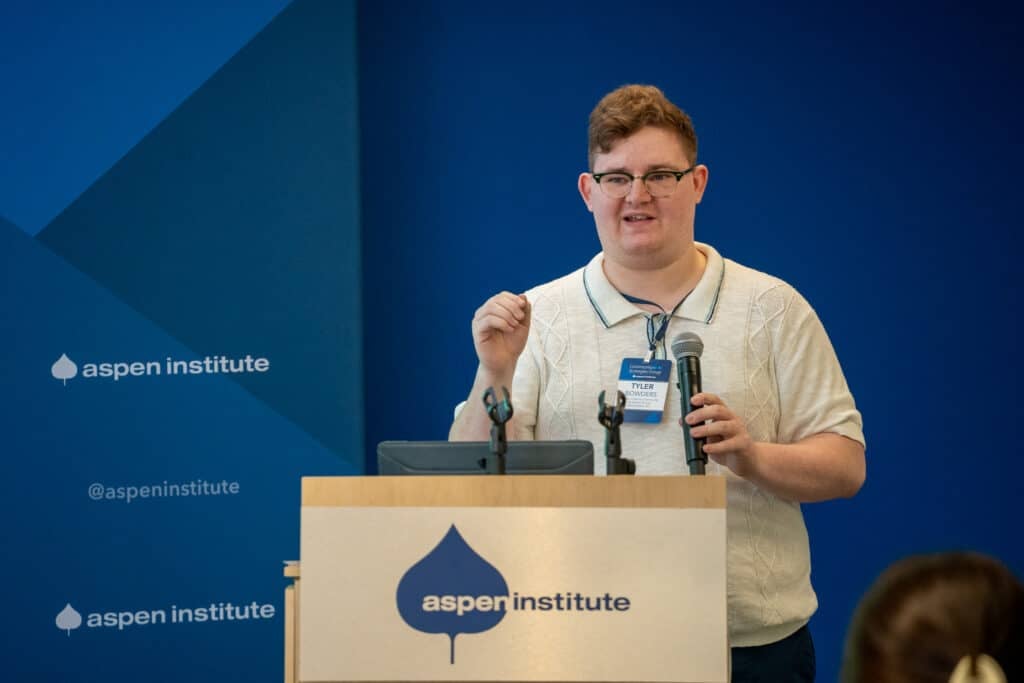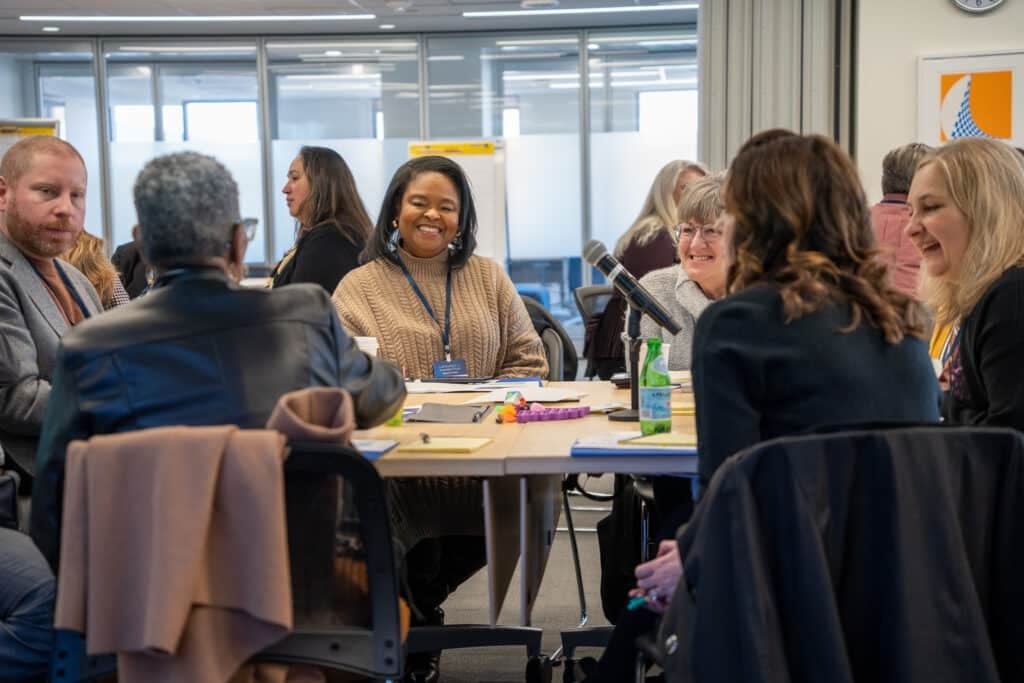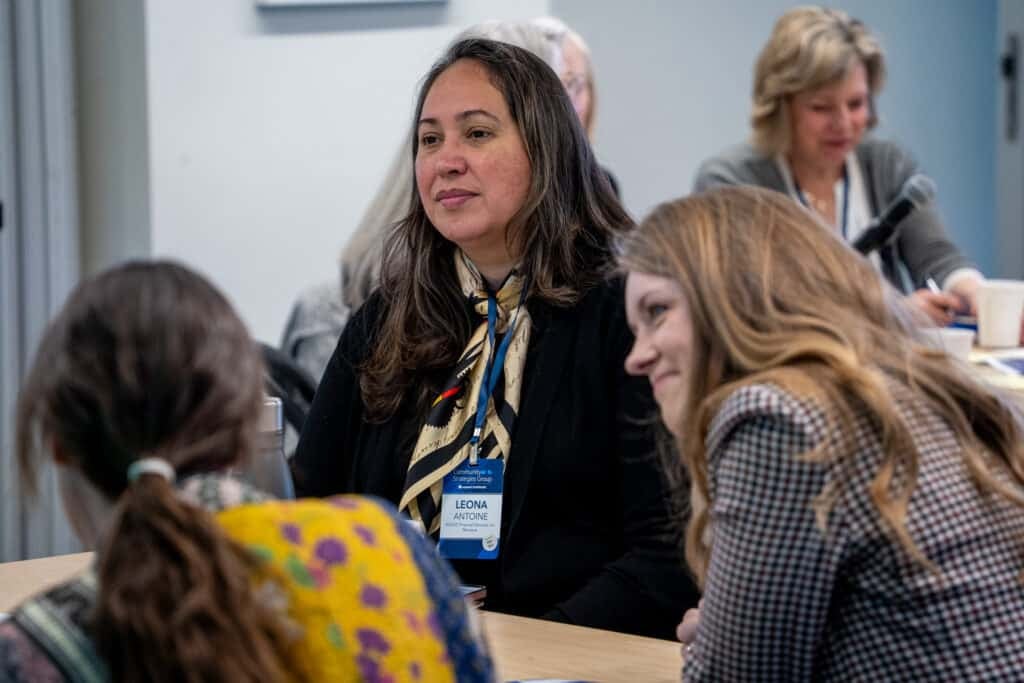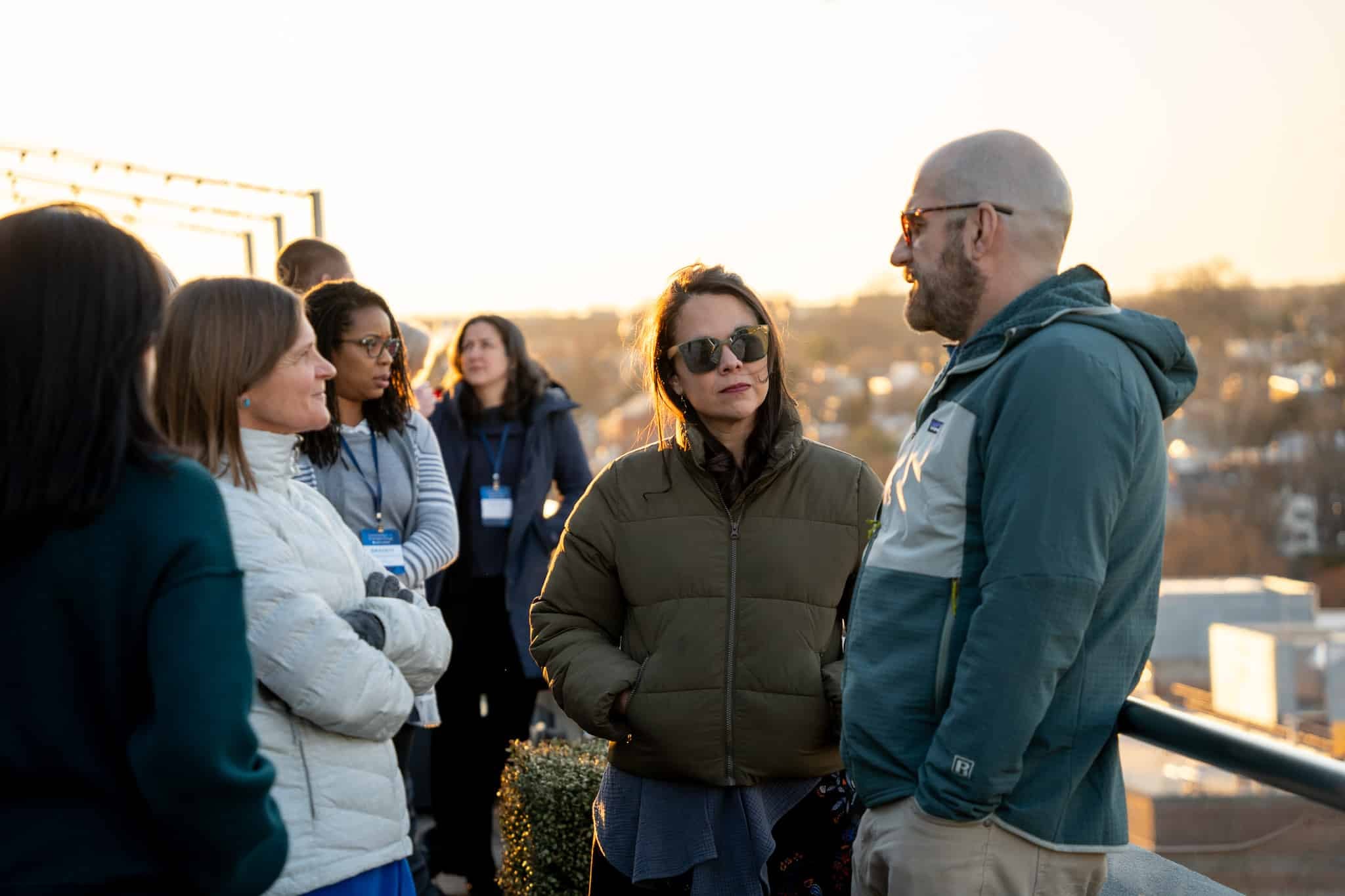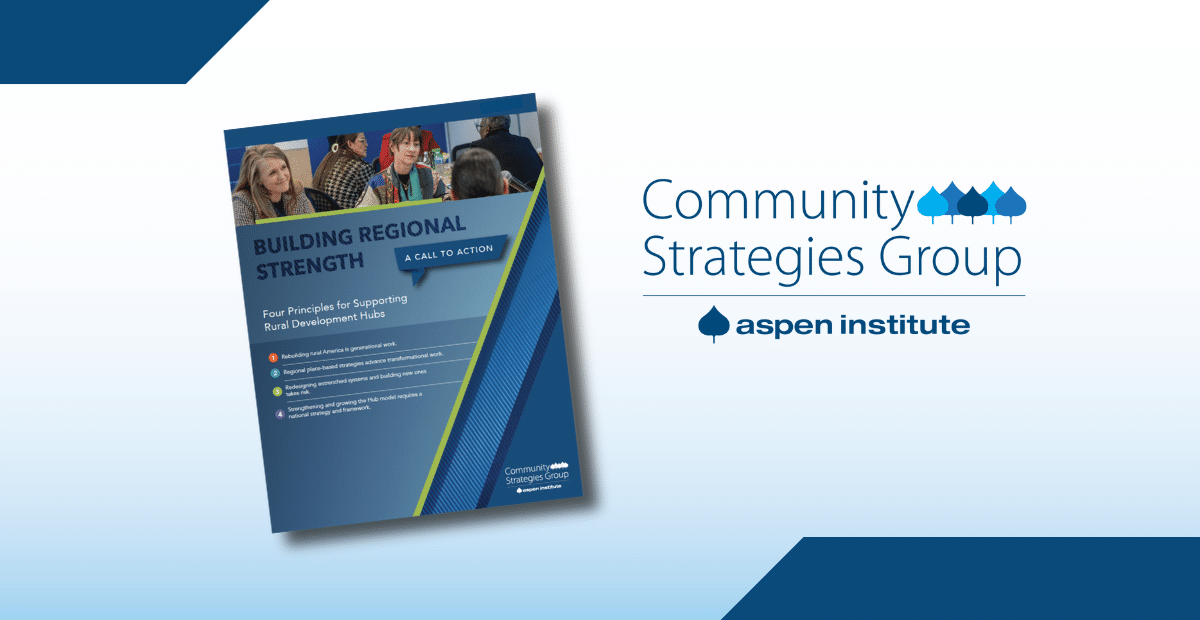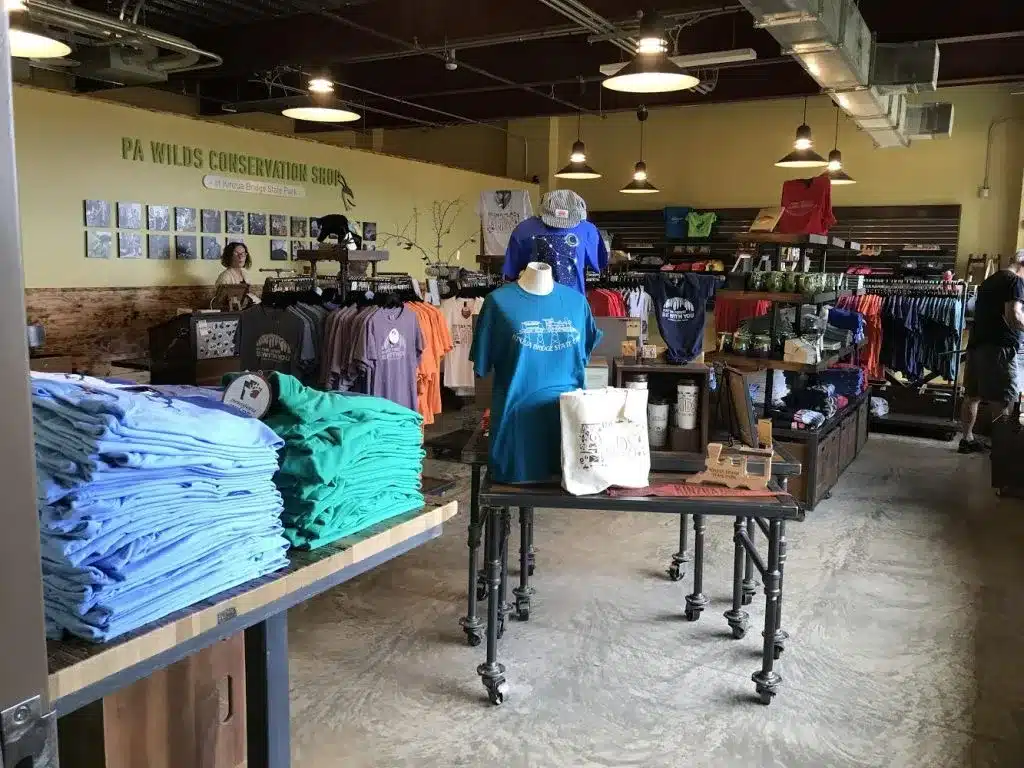View this Publication
Welcome — use the sidebar to navigate to different report sections.
Introduction
Rural and Indigenous communities are building vibrant, sustainable futures. By drawing on local leadership and strengths and working across sectors, rural regions are solving problems, filling gaps, and creating the systems they need to thrive. Rural Development Hubs (Hubs) make this transformational work possible. Hubs are rooted in asset-based development, which focuses on community strengths rather than what’s missing. This means Hubs do rural development differently.
For example, while traditional models might prioritize attracting a new major employer, Hubs often support local entrepreneurs to build a sustainable, locally-owned economy. Across the country, rural and Indigenous communities are responding to long-term disinvestment, economic transition, and short-term shocks. Hubs support this work by building relationships, aligning efforts, pooling resources, and helping regions rebuild the systems they need.
As a rural development convener, the Aspen Institute Community Strategies Group (Aspen CSG) brings Hub leaders together to learn from each other, share insights, and deepen understanding of this critical work.

“Communities evolve—people move, systems shift, institutions transform. Our work requires the flexibility to adapt, reflect, and redefine what support looks like in real time.”
Brandy Bynum Dawson, MDC, North Carolina

“This work is transformative, not transactional, and the connection to community is key to this work.”
Tim Lampkin, Higher Purpose Hub, Mississippi
What is a Rural Development Hub?
A Rural Development Hub is a regionally rooted organization that brings a region together for action, doing what needs to be done to fill gaps and repair systems.
Many kinds of organizations operate as Hubs—including foundations, financial institutions, and community groups. They adopt this approach because it fits how rural communities work and what they need.
Hubs enable leaders to connect within and across regions, facilitating the movement of knowledge and resources across boundaries. They coordinate amongst organizations, enabling shared capacity, stronger collaboration, and better stewardship of limited resources.
Hubs prioritize economic development strategies that build local wealth and strengthen communities, take risks, test new ideas, and share what works. They focus on transformation rather than transaction, negotiate with funders to center local priorities, and strengthen trust and capacity beyond immediate project results.
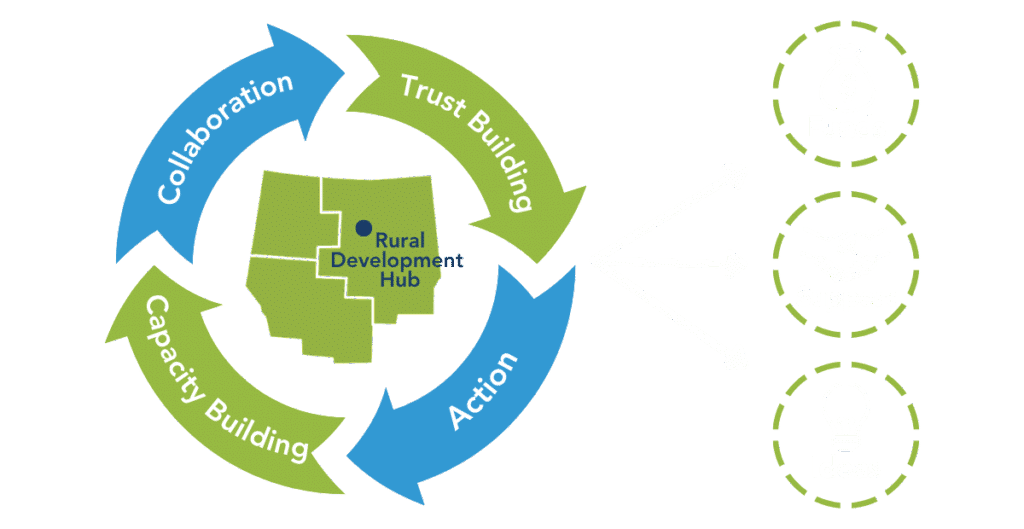
Shining a Light on Rural Development Hubs
Aspen CSG’s 2019 report, Rural Development Hubs: Strengthening America’s Rural Innovation Infrastructure,
identified, described, and unified Rural Development Hubs.
Across the country, diverse organizations were already doing rural development differently, using a flexible,
systems-based approach grounded in local needs and opportunities. The report helped these organizations
recognize themselves as Hubs and as part of a broader movement.
As a result:
- Hub leaders found each other—both informally and through Aspen CSG convenings— to exchange ideas and learn as peers and mentors.
- The report and the relationships it fostered encouraged new ways of working and inspired leaders to take on new challenges.
- It also gave Hubs language, visibility, and a framework to describe their work internally and to community members, partners, public officials, and funders.
Shortly after the report’s release, the COVID-19 pandemic tested Hubs’ adaptability. Across the country, Hubs
quickly mobilized—shifting roles, making new connections, and building systems to meet urgent needs. Some
new Hubs even formed in response, as communities and regions came together to support one another.

“It was very grounding, having a common structure. I think it was cathartic for some of us to be able to read [in the 2019 Hubs Report] about the diverse nature of our work on the ground.”
Colby Hall, Shaping Our Appalachian Region, Kentucky
Through the pandemic and beyond, Hubs have played an essential role in securing resources for their communities—through coalition building, technical assistance, project design and implementation, fiscal sponsorship, and direct funding. Hubs have supported experimentation and risk-taking, enabling local leaders to test solutions and demonstrate what works, advancing the field of rural development.
Hubs are rooted in relationships. Their connections—within and across regions—have deepened over time, with Aspen CSG as a national connector linking leaders across the country
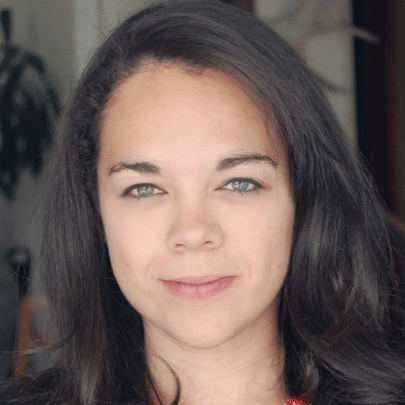
“The peer network is just so critical. It’s really accelerated our development to be in a peer network, to be learning with others, and just having the moral support to make this road as we’re walking it.”
Stephanie Tyree, West Virginia Community Development Hub, West Virginia
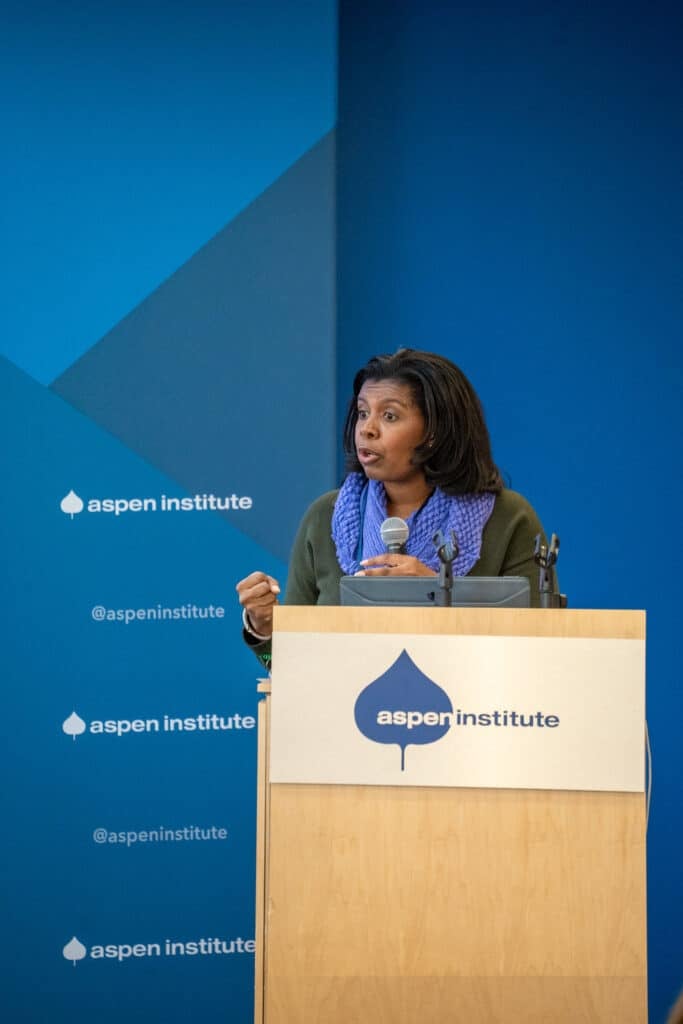
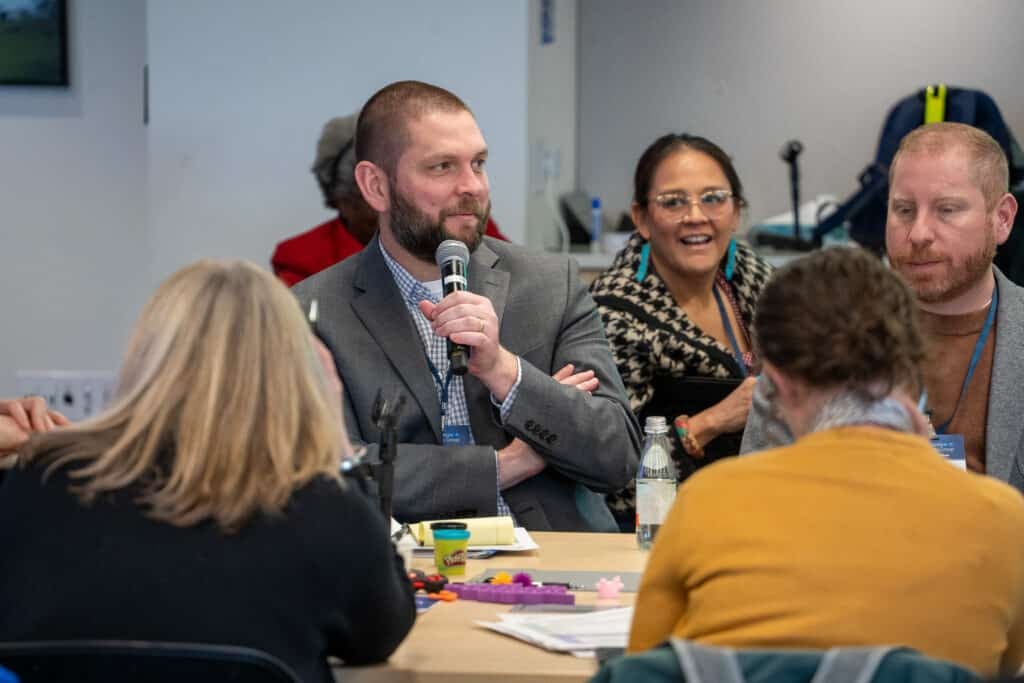
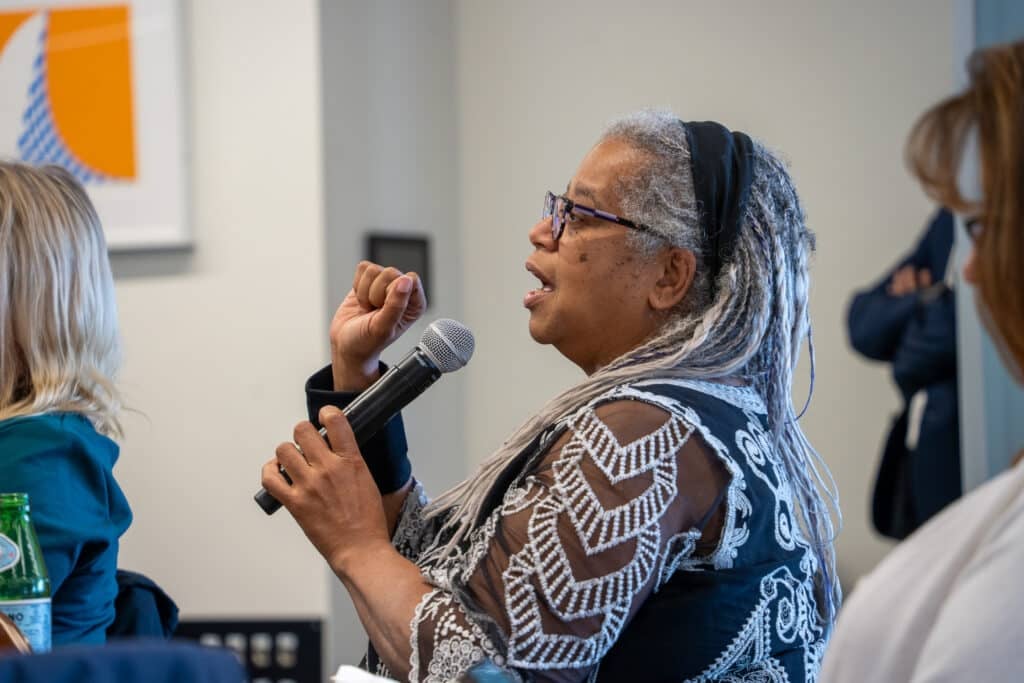
Why Work as a Hub?
A Rural Development Hub is a way of working, rather than a specific type of organization. Across the country, many kinds of organizations operate as Hubs—including foundations, financial institutions, and community groups. They adopt this approach because it fits how rural communities work and what they need.
- Flexibility and responsiveness: Rural communities vary widely—even within the same region. Hubs grow, adapt, and restructure organically in response to community needs, staying true to core values without relying on one-size-fits-all strategies.
- Inclusivity: Hubs reflect the identity and spirit of their region. They center local people in decision-making and define community broadly. In places where residents often feel excluded from the larger culture and economy, this approach can be transformative.
- Connection: Hubs rely on trust and long-term relationships. In rural areas, where histories run deep and relationships are layered, this relational work is essential—and often challenging.
- Bridging: Hubs connect within and across regions, at both local and national levels, moving knowledge and resources across boundaries and breaking down silos.
- Pooled resources and capacity: In rural communities, funding, time, and expertise are often spread thin. Hubs coordinate across organizations, enabling shared capacity, stronger collaboration, and better stewardship of limited resources.
- Local ownership and livelihoods: Hubs prioritize economic development strategies that build local wealth and strengthen communities. This is especially important in rural regions that have been affected by generations of extractive and exploitative economic models.
- Experimentation and learning: Hubs’ flexibility, responsiveness, and grounding in local knowledge allow them to take risks, test new ideas, and share what works with others in the field.
- Measuring what matters: Hubs take the long view of their work, building momentum over time and focusing as much as possible on transformation rather than transaction. They negotiate with funders to focus on metrics that reflect local priorities and realities.
- Building trust and capacity: The Hubs model strengthens trust and capacity in communities and regions beyond immediate project results. This makes Hubs a powerful alternative to fragmented, short-term efforts that can leave communities worse off than before.
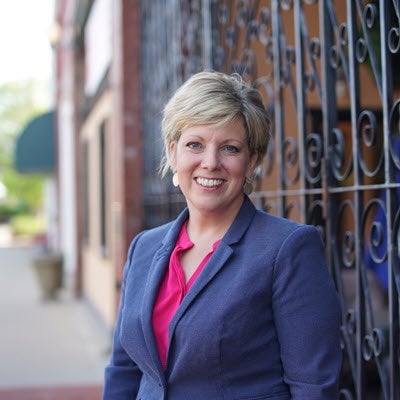
“With the division in our community and our country, if we can just stay focused on place—on the fact that we care about this place and what matters to the people who live here—then we can have deeper conversations. Place brings us back to center.”
Aubrey Abbott Patterson, Hutchinson Community Foundation, Kansas

“Assembling people across sectors—that’s critical to me.”
Connie Stewart, Cal Poly Humboldt, California

“The Hubs concept helps underscore that the identity — the spirit of a place — can really drive the work.”
Tiffany Sanderson, Lake Area Technical College, South Dakota
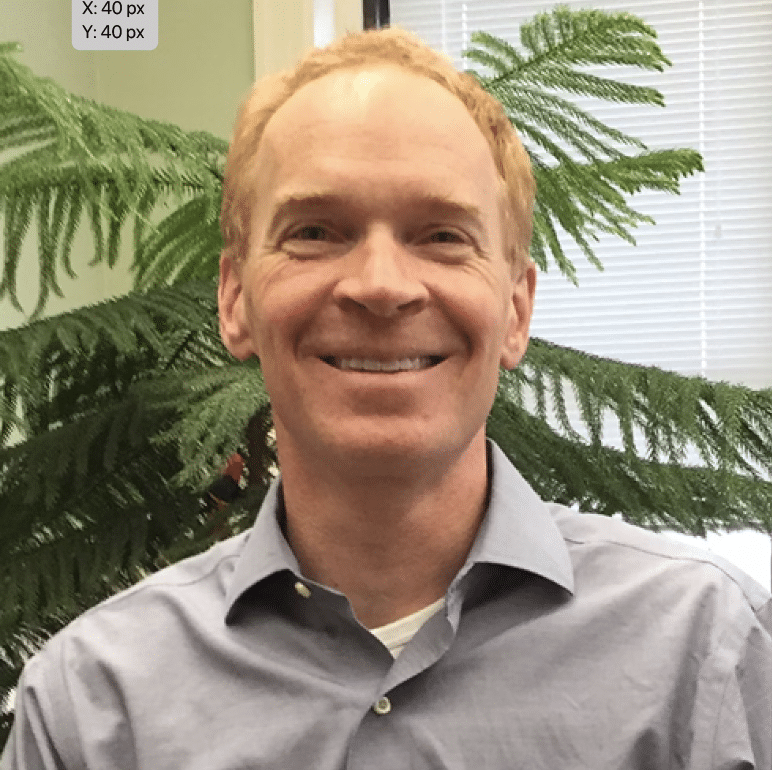
“The field of Hubs is diverse, decentralized, and slightly disorganized, and that lack of codification is both its inherent strength and an ongoing challenge in gaining more significant recognition and momentum.”
Rob Riley, Northern Forest Center, New Hampshire

“In order to see a return on investment, it’s going to take time. You’ve really got to be invested for the long haul.”
Felecia Lucky, Black Belt Community Foundation, Alabama
Meet Four Hubs:
MDC (North Carolina)
MDC is a regional nonprofit organization that envisions a South where all people thrive. It equips Southern leaders, institutions, and communities with the necessary tools and strategies to advance equity—particularly racial and gender equity—and economic mobility.

“Rural communities in the South have always held deep wisdom, resilience, and cultural richness. At MDC, we honor that by working alongside rural leaders to strengthen their capacity, amplify their voices, and connect them to the tools and networks they need to drive lasting, equitable change.”
Brandy Bynum Dawson, MDC, North Carolina
Change Labs (Navajo Nation)
Change Labs is a Native-led organization rooted on the Navajo Nation, created to help Native entrepreneurs strengthen and grow their work. Change Labs helps Native entrepreneurs build what their communities need. To achieve this, the organization invests in the ecosystem required to support and sustain entrepreneurial activity.
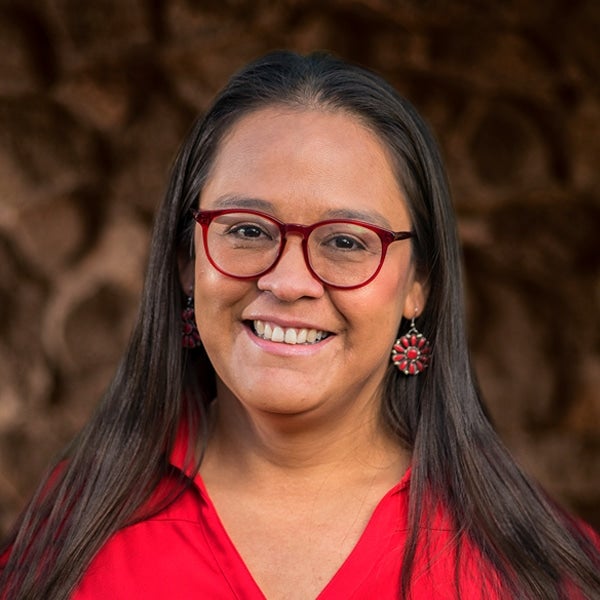
“In our region, ‘doing development differently’ means creating the infrastructure for people to use their own skills and talents, and providing the financial resources they need to grow businesses that support their families and serve their communities with quality products and services.”
Jessica Stago, Change Labs, Navajo Nation
Main Street Skowhegan (Central Maine)
Main Street Skowhegan is a nonprofit organization focused on the ongoing revitalization of historic Skowhegan, Maine. The organization actively collaborates with and engages hundreds of volunteers and dozens of partner organizations and businesses in its region through a variety of economic and community development activities.

“Building anything meaningful in rural places demands grit and collaboration. It’s about creating shared vision with people who don’t always agree and sticking with the work long enough to see change take root.”
Kristina Cannon, Main Street Skowhegan, Maine
T.L.L Temple Foundation (East Texas)
The T.L.L Temple Foundation is a place-based funder rooted in East Texas communities. The Foundation works alongside rural communities to build a thriving East Texas and to alleviate poverty, creating access and opportunity for all. The Foundation serves as a convener across its region (23 counties in Texas and 1 in Arkansas) and actively facilitates the development of other Rural Development Hubs.
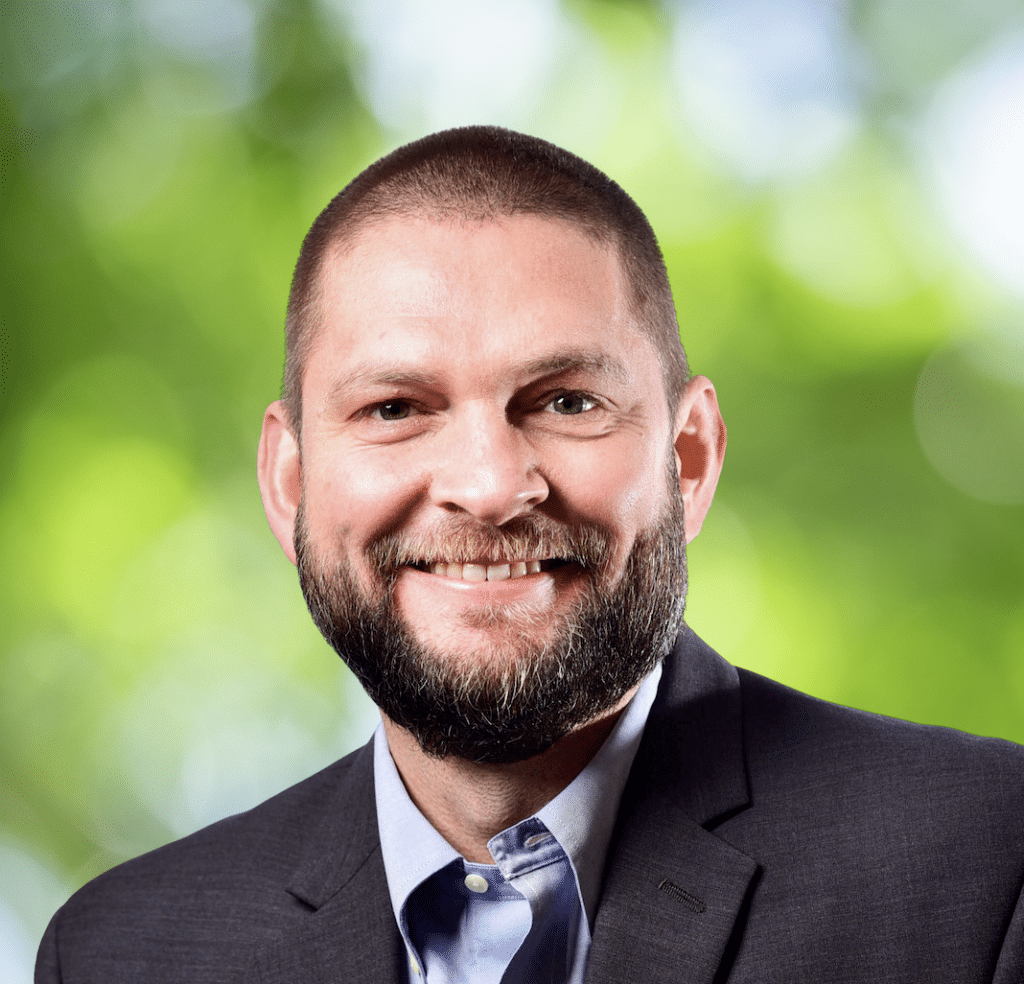
“To address the multifaceted challenges and opportunities facing rural communities, we need a model that builds trust and collaboration, strengthens capabilities to deliver tangible results, and embraces strategic patience. Rural Development Hubs embody a no rural dead ends ethos and are becoming essential institutions for effective regional rural development.”
Jerry Kenney, T.L.L Temple Foundation, Texas
Learning From Each Other: Hubs in Rural & Indigenous Communities
While many Native nations are rural—and many rural communities include, connect with, or relate to Native nations—their contexts differ in important ways. Native nations face unique administrative and legal challenges related to their relationships with federal, state, and local governments. At the same time, both rural and Indigenous communities benefit from an asset-based approach that builds on strengths rather than focusing on perceived deficits. Hubs working in and across these communities can strengthen their efforts by sharing experiences and learning from one another. This requires deep listening and understanding of history, context, and current practice. For example, rural communities of all types can learn from Indigenous worldviews that center connection and relationship, acknowledging links between economies, ecosystems, well-being, and prosperity.
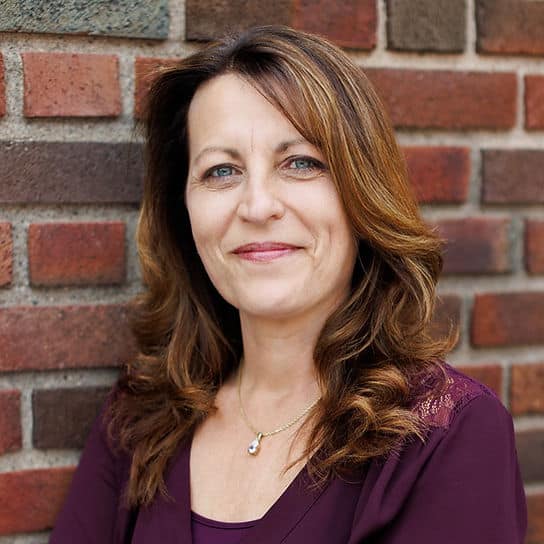
We have to have the courage and commitment to push back to structures and systems and power that have not been effective for us, versus the power of the purse dictating what success looks like. — Cheryl Hills, Region Five Development Commission, Minnesota
It’s crucial that Tribal communities define their own health priorities and needs.— Olivia Sloan, Anchorum Health Foundation, New Mexico
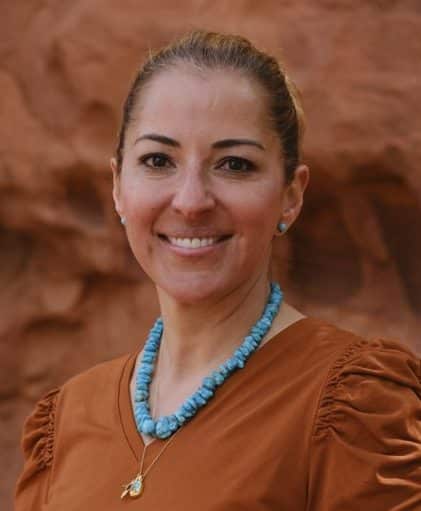

Tribes also need the internal knowledge/legal understanding of their own sovereignty to know that they should push back on local government. — Jessica Stago, Change Labs, Navajo Nation
It also can be really hard to focus on the region when the priorities are different. Local people rarely have the same priorities as at the regional, state, and national levels.— Roque Barros, Imperial Valley Wellness Foundation, California
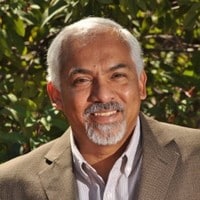

Given the unique treaty relationship between Tribes and the federal government, sovereignty must include listening, collaborating, and supporting Tribal nations to lead. — Olivia Sloan, Anchorum Health Foundation, New Mexico
People of all races live on reservations, work, provide services, and pay taxes like everyone else. To do any community development work, we have to engage with Tribal, city, county, and state governments. The investments we’re making benefit everyone, but we still get asked: what are you, and where do you align? — Alissa Benoist, Four Bands Community Fund, South Dakota
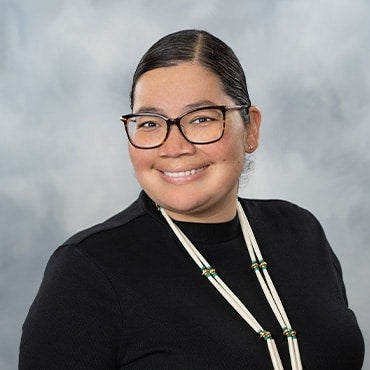
Advancing the Rural Development Hub Model
In March 2025, Aspen CSG convened Hub leaders from across the country to discuss the future of Rural Development Hubs. Over two days of productive conversation, practitioners identified key questions that need to be answered to advance our understanding of Hubs and their work.
- The state of rural economies: How are rural economies changing? What sectors and approaches are driving sustainable growth? Where should Hubs focus?
- Rethinking rural economic development: How can Hubs shift towards relational and regenerative ways of thinking while building wealth for their communities? How can Hubs identify metrics that are broader and reflect foundational drivers of community well-being?
- How Hubs work: What models and life cycles define Hubs in different contexts, including Native nations? Is “Hub” the right image for the work these organizations do?
- Impact of Hubs: How do Hubs drive change in their communities? How are Hubs affecting the rural development field as a whole? What are the best metrics to assess Hub-driven rural community and economic development?
- Communication: What is the best way for Hubs to develop and promote accurate, nuanced, and forward-looking narratives of rural America? How can Hubs tell the stories of their communities that reflect complexity and foster connection?
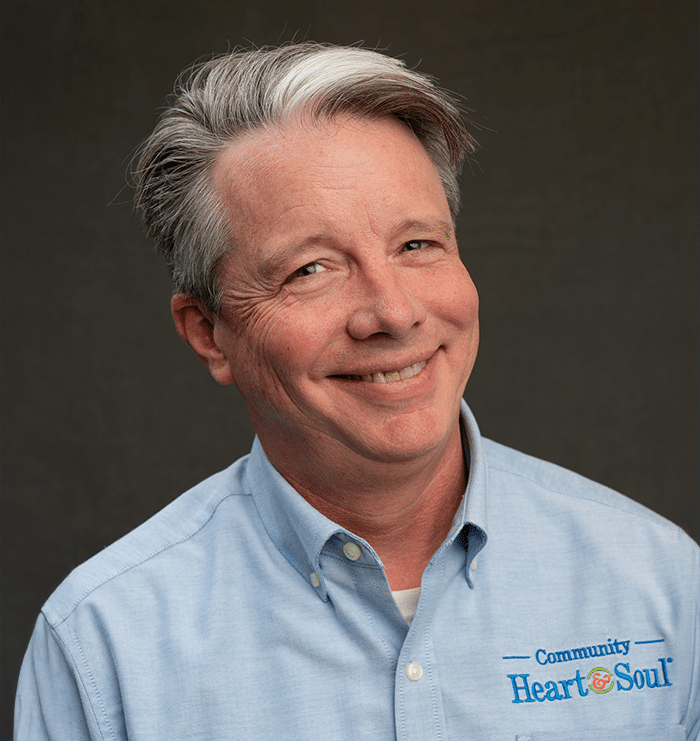
“How do we make this work sustainable? What are real tools for making this sustainable? What do those business models look like?”
Jason Neises, Community Foundation of Greater Dubuque, Iowa

“We could really use snapshots of some ideal hubs—a case study showing here’s what they do, here’s how they do it, here’s the budget breakdown, here’s the funding mix.”
Colby Hall, Shaping Our Appalachian Region, Kentucky

“The future of rural communities depends on how we cultivate the next generation of changemakers. Are we equipping leaders with the tools and values to sustain this work and reimagine what’s possible for their communities?”
Brandy Bynum Dawson, MDC, North Carolina
Aspen CSG’s Role
As a convener and supporter of Hubs and the rural development field, Aspen CSG plans to:
- Further define the Hub model and life cycle
- Create tools to help rural regions build and strengthen Hubs
- Facilitate peer learning opportunities for Hub leaders
- Research and communicate Hubs’ impact
PRACTITIONERS: Join us in shaping the future of Rural Development Hubs. Share your experience to build the next generation of tools and frameworks.
What’s Next: Building Support For Rural Development Hubs
During Aspen CSG’s March 2025 Learning Exchange, participants were asked: What will it take to actively strengthen and build support for Hubs? Aspen CSG’s forthcoming report will share what we learned and provide recommendations for local, regional, and national funders and policymakers on how they can support Rural Development Hubs.
